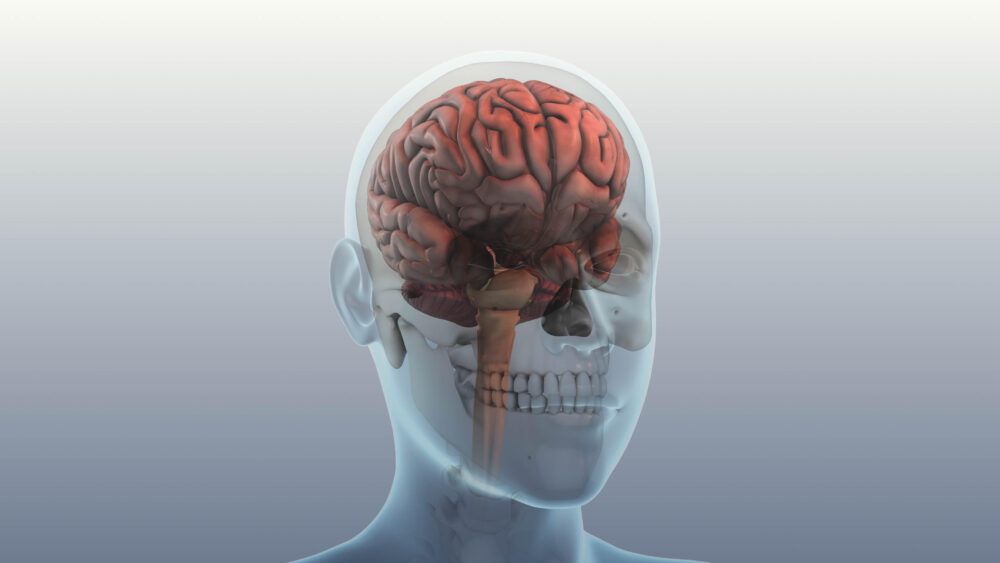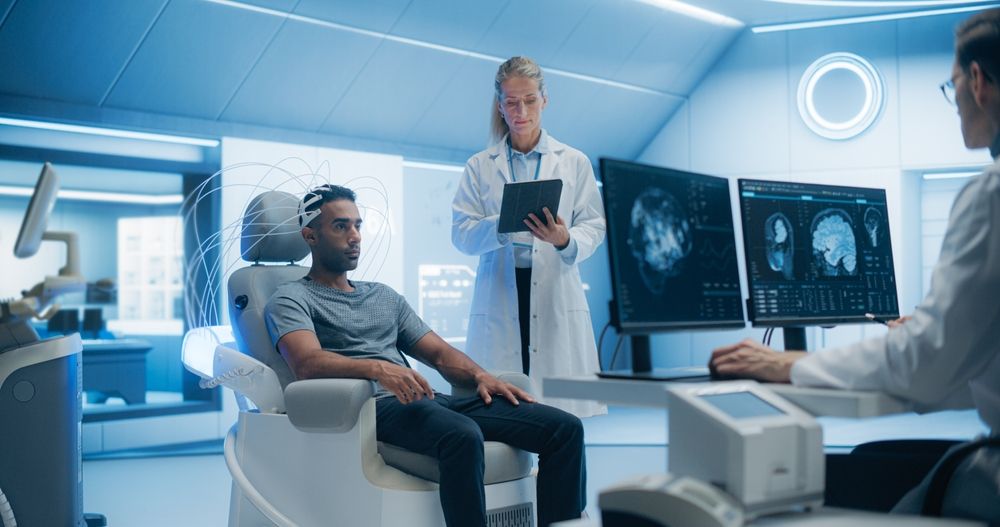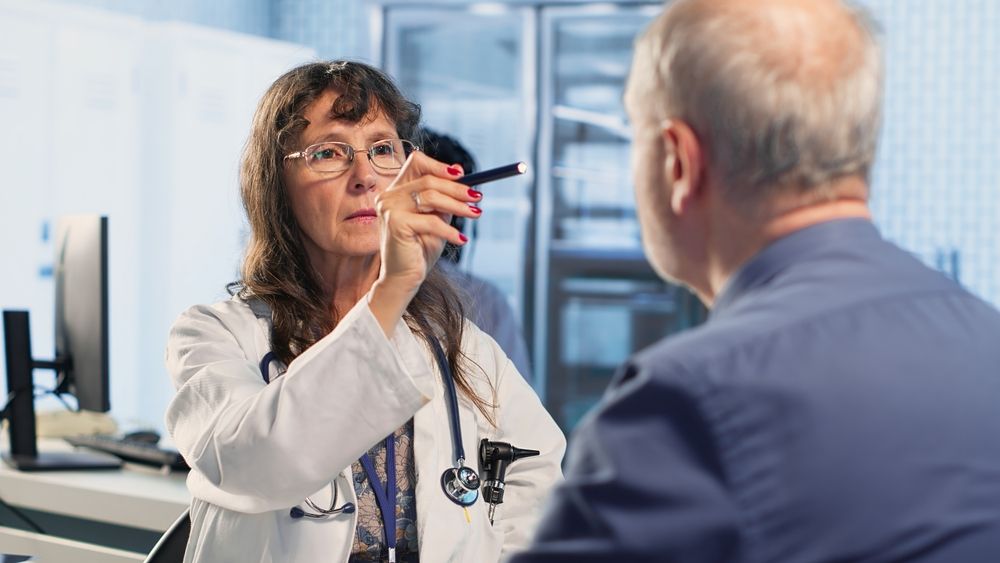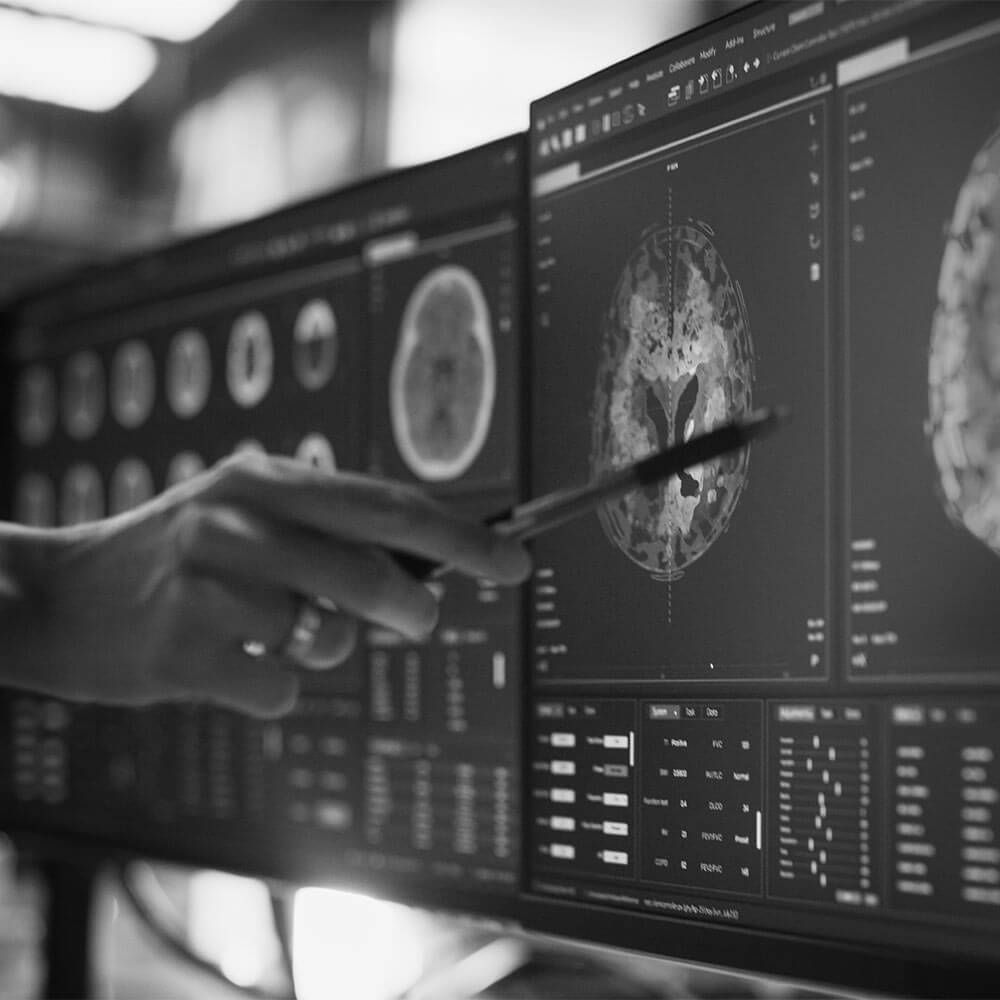Returning to work after a mild traumatic brain injury (mTBI) is a crucial milestone in recovery, but it can also be one of the most challenging. Whether the injury stems from a motor vehicle accident, a slip and fall, or a sports incident, navigating the path back to productivity requires careful planning, clear communication, and individualized support.
At NeuroPro Concussion Clinic, we recognize that each patient’s journey is unique. Here’s how we approach return-to-work strategies to ensure a smooth transition while prioritizing cognitive and emotional health.
- Understanding Post-Injury Challenges AmTBI symptoms such as fatigue, headaches, difficulty concentrating, and emotional regulation issues can significantly impact job performance. Additionally, stress from returning too soon can exacerbate these symptoms, delaying recovery.Common workplace challenges include:– Trouble multitasking or maintaining focus.– Sensitivity to noise and light in busy office settings.– Memory difficulties affecting productivity and organization.– Anxiety about meeting pre-injury performance expectations.
- The Importance of Gradual Reintegration: A gradual return-to-work plan, tailored to the individual’s recovery stage and job demands, is key to success. Here’s what it typically involves:Step 1: Open Communication with EmployersWe encourage patients to have transparent discussions with their employers, outlining their limitations and necessary accommodations. Our clinic can provide detailed medical documentation and recommendations to support these conversations.Step 2: Modifying Work SchedulesStarting with reduced hours or alternating work and rest days helps patients avoid cognitive overload. A common strategy is beginning with 2-4 hours per day and gradually increasing as stamina improves.Step 3: Adjusted Job ResponsibilitiesTemporarily shifting to less cognitively demanding tasks can ease the transition. For example, a patient might focus on administrative duties rather than high-pressure decision-making.
- Workplace Accommodations That Make a Difference:Employers play a vital role in supporting recovery. Some accommodations that have proven effective include:– Quiet Workspaces: Minimizing noise and distractions to improve focus.– Flexible Breaks: Allowing short, frequent breaks to manage fatigue.– Assistive Technology: Tools like voice-to-text software or digital reminders for memory support.– Lighting Adjustments: Providing softer, adjustable lighting for those with photophobia.At NeuroPro Concussion Clinic, we often work directly with employers to suggest practical and reasonable accommodations.
- Monitoring Progress and Adjusting Plans:Returning to work isn’t a one-size-fits-all process. Regular follow-ups are critical to assess how the patient is coping and to adjust the plan as needed. These check-ins help identify:– Resurfacing symptoms triggered by work demands.– Emotional challenges, such as frustration or feelings of inadequacy.– Opportunities for further support or additional accommodations.Our multidisciplinary team collaborates to ensure the patient’s work environment aligns with their recovery goals.
- When Is the Right Time to Return?One of the most frequent questions we hear is, “When can I go back to work?” The answer depends on several factors:– Symptom severity and consistency.– Job demands, including physical and cognitive requirements.– The availability of workplace accommodations.We emphasize that returning too soon can risk setbacks, while waiting too long can create financial or emotional stress. Finding the right balance is crucial.
The Role of a Concussion Clinic in Return-to-Work Success
Our clinic provides more than just medical oversight; we offer:
– Comprehensive Neuropsychological Assessments: Identifying cognitive strengths and areas of difficulty.
– Collaborative Care Plans: Integrating input from neurologists, psychologists, and athletic trainers.
– Employer Education: Bridging the gap between medical needs and workplace realities.
– Ongoing Support: Offering patients the tools and confidence to advocate for their needs.
Helping Patients Regain Control
Returning to work is not just about resuming a paycheck—it’s about regaining a sense of purpose, routine, and independence. At NeuroPro Concussion Clinic, we are committed to guiding our patients every step of the way.
If you or a loved one is recovering from mTBI and need expert advice on returning to work, contact us today at www.neuroprocares.com. Together, we’ll create a plan that prioritizes your health and long-term success.








